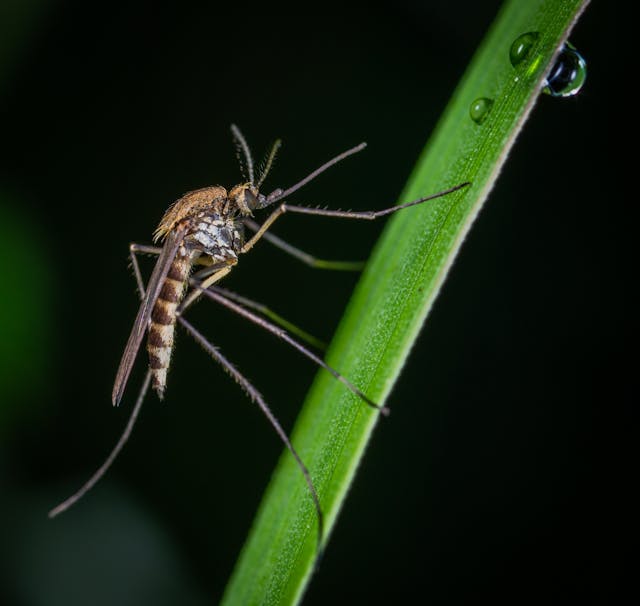” Date :- August 20th World Mosquito Day “
The origins of World Mosquito Day date back to Sir Ronald Ross, a British doctor, who was working in India when he made the groundbreaking discovery that female Anopheles mosquitoes are responsible for transmitting malaria parasites between humans. This discovery earned him the Nobel Prize in Medicine in 1902. To honor this vital contribution to public health, the London School of Hygiene and Tropical Medicine began observing World Mosquito Day, a tradition that has continued to this day.

Scientific Name :- Culicidae
Size :- 0.15– 0.4 inches long
Interesting Facts About Mosquitoes :-
Deadliest Animal :- Despite their small size, mosquitoes are considered the deadliest animals on the planet, responsible for more than one million deaths annually due to malaria and other diseases.
Short Lifespan :- The average lifespan of a mosquito is about two weeks to a month, depending on environmental conditions. but some species can survive up to 6 months.However, in this short time, they can lay hundreds of eggs, ensuring the next generation.
Mosquito Species :- There are over 3,500 species of mosquitoes, but only a few are vectors of diseases like malaria, dengue, and Zika.
Flight Speed :- Mosquitoes are slow fliers, averaging a speed of about 1.5 miles per hour.
Lifecycle :- The mosquito lifecycle includes four stages: egg, larva, pupa, and adult. The entire process can take as little as five days in optimal conditions.
Oldest Species on Earth :- Mosquitoes have been around for over 100 million years, surviving mass extinctions that wiped out the dinosaurs. They are one of the oldest living species on Earth.
Only Females Bite :- It’s only the female mosquitoes that bite humans and animals. They need the protein in blood to develop their eggs. Male mosquitoes feed only on nectar and other plant juices.
The Deadliest Animal :- Mosquitoes are often referred to as the deadliest animals on Earth because they are responsible for more human deaths than any other creature. Diseases like malaria, dengue fever, Zika virus, and West Nile virus are all spread by mosquitoes, resulting in millions of deaths each year.
Mosquitoes Can Detect Carbon Dioxide :- Mosquitoes can detect carbon dioxide, lactic acid, and other substances from over 100 feet away.
When we exhale, the carbon dioxide in our breath attracts mosquitoes, helping them locate us.They are Temperature Sensitive :- Mosquitoes are most active at temperatures of 80°F (27°C) and above. They slow down at temperatures below 60°F (15°C) and cannot function below 50°F (10°C).
Tiny but mighty :- Mosquitoes weigh about 2 milligrams, but can drink up to 5 times their body weight in blood.
Attracted to dark colors :- Mosquitoes are more likely to target people wearing dark clothing.
They Prefer Certain Blood Types :- Studies have shown that mosquitoes are more attracted to people with Type O blood than those with other blood types. They also prefer people who emit more lactic acid, often produced during exercise.
Water requirements :- Mosquitoes need standing water to breed, even just a small amount.
Mosquitoes in Space :- In 2014, mosquitoes were sent to space to study how microgravity affects their behavior. Surprisingly, they were able to feed and behave normally in space conditions.
